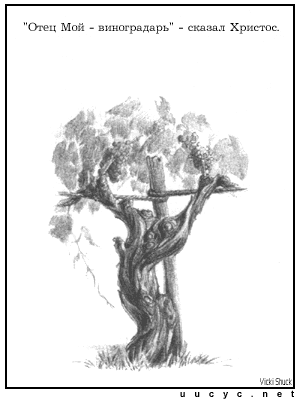
Meso-American archaeology has been something of an avocation since my childhood. I read everything I could find about Aztecs, Incas, Toltecs, Olmecs and Mayas. So
Apocalypto's premise was particularly intriguing.
In Apocalypto, Jaguar Paw, a father from a less-powerful tribe is separated from his pregnant wife and child when a Mayan (though the art, fashions and temples really look more Aztec) raiding party burns his village and takes the healthy adults captive. Jaguar Paw hides his family in a dry well, promising to return for them. The movie follows the captives to the city, where the women are sold as slaves and the men are marked for sacrifice in the city center.
(Skip to the next paragraph if you don't want to spoil the ending.) Jaguar Paw is stretched over the altar under the priest's obsidian blade, when the mass sacrifices are halted by the end of a solar eclipse. He escapes the raiders' human hunt game to rescue his family, killing nearly all of the raiders one by one in the process. As the final raiders run Jaguar Paw to ground on the beach, the Spanish land. Jaguar Paw returns to the jungle, while the Mayan raiders receive the Spanish (in real life, the Aztec did this first).
The movie is very violent - on a par with
Saving Private Ryan. There are beheadings, battles, a mass grave of headless victims, the sacrificed heads on pikes, etc. But even at that, the violence and cruelty is soft-pedalled from what the
Codices, written at the time of the Spanish contact, describe. The most disturbing images, though don't come from the on-screen violence, but from the callous abandonment of the village children, the utter rejection of the old and infirm, the power-politics conducted from the top of the bloody temple, the cultural obsession with death...
We should welcome this realism as a relief from the saccharine treatment of American tribal life in movies like Dances with Wolves. This is especially true in view of the newest craze for naively
resurrecting ancient Aztec religious dance traditions - right along with the rest of the religion. We need to remember what we have been rescued from, however deficient the rescuers themselves might have been.
The Spanish don't particularly look like heroes here. When they turn up on the beach, we realize that this internecine warfare which we have been following for the last two hours has just become completely irrelevant. Judgement is at hand. But Jaguar Paw's refusal to greet or to know the Spanish, shows his preference to use the Creation as a springboard to his 'new beginning' over the men who were coming. At least in the jungle, Jaguar Paw would fall into the hands of God rather than the hands of men.
As a child, I was glad that the Spanish stopped the practice of human sacrifice, but was enraged at them for destroying so much of Meso-American civilization. As I grew older, and was able to read more detailed studies, I realized how much of a mercy to future generations that destruction had been. But those mercies are lost to twentieth-century TV-addicts who get their history from the silver screen.
Apocalypto shows us the seamy side of Meso-American life, and has garnered plenty of criticism for doing so. Critics argue that the violence implies that Pre-Columbian native Americans were stupid brutes. How could such vile people also build incredibly accurate astronomical observatories, acoustically sophisticated public buildings; how could they have invented the idea of zero, and developed a calendar more accurate in some ways than ours, etc?
How indeed? Surely that is the whole point of Mel Gibson's effort: intellectual and cultural sophistication is no innocualtion against corruption. And his refusal to glorify the European explorers prompts us to look at our own intellectually, culturally, technologically sophisticated society. Don't we abandon and kill our children? Don't we find newer and better ways to reject the old and the infirm? Aren't we becomming increasingly skillful at manipulating masses whom we deliberately keep ignorant and dependent? Aren't we becomming increasingly pitiless in our pursuit of scapegoats?
I give Apocalypto a guarded recommendation. There is crude humor, National Geographic-type lack of clothing (not-quite nudity), lots of gore. But the message is an antidote to a lot of the twaddle that passes for historical revisionism. There is a lot of food for thought here.










